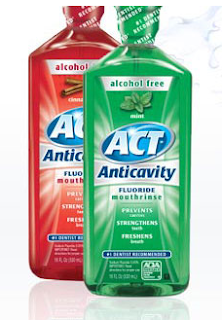 When considering treatment options, patients often ask us how Invisalign treatment is so different than traditional braces. Well, there are more reasons to smile about Invisalign with The Smile Zone than you may know. Invisalign is a series of removable aligners that are nearly invisible, and besides straightening your teeth, can improve your oral health. Here’s how:
When considering treatment options, patients often ask us how Invisalign treatment is so different than traditional braces. Well, there are more reasons to smile about Invisalign with The Smile Zone than you may know. Invisalign is a series of removable aligners that are nearly invisible, and besides straightening your teeth, can improve your oral health. Here’s how:Healthy Gums: Straight teeth allow a close fit for gums. This lessens the gum stress that is caused by crowded or widely spaced teeth, thus also reducing red and swollen gums.
Easy cleaning: Invisalign is removable, therefore brushing and flossing is easier and you are able to maintain a healthy mouth. These habits are vital to avoiding tooth decay, plaque and even gum disease.
Improved speech and chewing: Properly-aligned teeth don’t have the discomfort or compound speech impediments that can be caused by crowded teeth or a deteriorating jawbone.
If you have any questions about Invisalign, just ask Drs. Rob Andrew and Jerome Caouette the next time you’re in for an appointment. Or, you may post your question on our Facebook page! You can also read this article for more information on Invisalign and your oral health.








